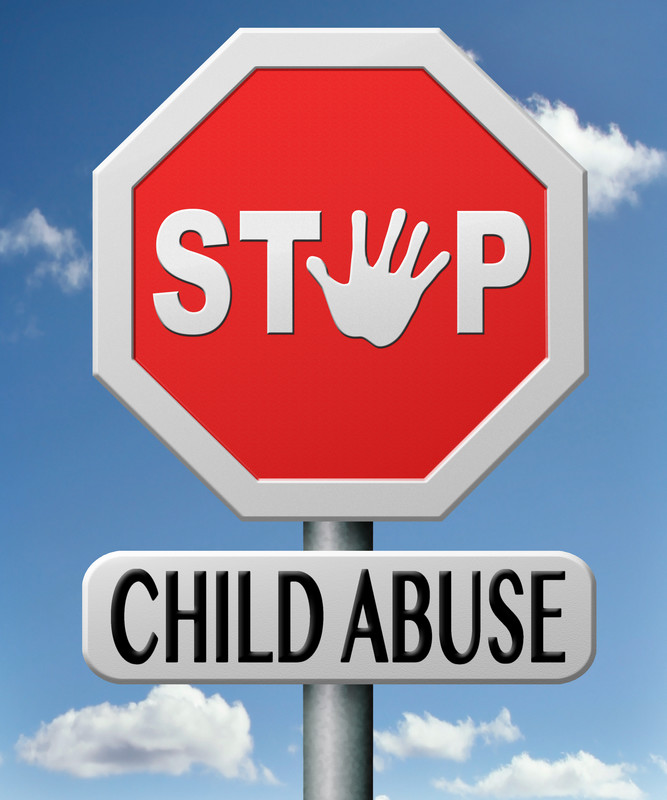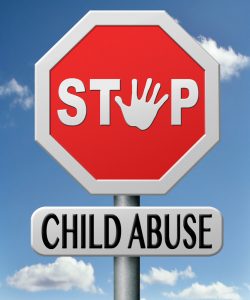Sexual abuse is a topic that no one likes to think much about. It elicits feelings of pain, fear, and even anger. And yet in our world today, we cannot turn a blind eye to it. We’ve all read the headlines about traffickers, teacher scandals, and child pornography, and while it’s not necessary to be paranoid, we do need to accept the reality that these things do happen. Here are four strategies for parents and caregivers to prevent and combat sexual abuse:
Teach About Boundaries
Start young in helping your kids understand what is appropriate and what is not when it comes to their bodies. Utilize age-appropriate books and resources to help them know things like the difference between good touch and bad touch. In sensitive ways and without causing them alarm, work with your spouse to teach them about physical and emotional boundaries and what to do if someone crosses a boundary. This is a series of conversations to have throughout childhood- as well as teaching your child that they don’t have to give or accept a hug from an adult, they have a right to give permission for hugs and kisses, as well as to say No to unwanted touch. These early lessons can help them avoid situations where they might be vulnerable to abuse and also to know what to do if they ever experience it.
Establish an Open Relationship With Your Child
Children who are abused often worry about how to tell a parent they have been sexually abused, as they may feel shame or fear that they will get in trouble. Many children who have been victims of sexual abuse have also been threatened by the perpetrator and told things such as “No one will believe you” or “if you tell, I will hurt your Mom.” Let your kids know early on that you will never be upset with them for telling you hard things or for being honest; they need to know that they can trust you to help them and not be mad or blame them. You want your kids to be able to look to you as the ultimate authority and as someone who they can go to if they see, hear, or experience anything inappropriate. We have a family rule in our home that there is no such thing as a good secret and if anyone ever tells you to keep a secret from Mom or Dad, you come running and tell us as fast as you can!
Be Aware of Red Flags in Adults
Sexual abuse usually occurs at the hands of someone the child knows (a family friend, relative, teacher, etc.), so if someone injures your child, there is a high chance that you will likely have a relationship of some type that person. There are certain warning signs to watch for that may indicate that an adult is not to be trusted, such as someone asking your child to keep secrets from his/her parents, seeking private access to a child or wanting to be with him/her an excessive amount of the time, and breaking a family’s set of established rules. None of us want to think this could ever happen to us, and we certainly don’t want to consider the possibility that someone in our circle would ever abuse our children, but still we need to be cognizant of these red flags in adults.
Look For Warning Signs in Children
If sexual abuse does occur, a child may act in certain ways as a means of coping with the trauma. This can include a dramatic change in emotions or behaviors, a drop in school performance, dressing sloppily, wanting to avoid social situations, or changes in eating and sleeping habits. As they may not yet have the words or the power to articulate their painful experience, children need you to be tuned in to any marked changes in their behavior.
If you suspect your child has been or is being abused, you’ll want to ask him/her about it in a casual, non-threatening way. Many parents struggle with how to go about this, so it’s best to consult a professional mental health specialist to help guide both you and your child through this difficult time. Contact Wasatch Family Therapy if you need assistance.


comments +